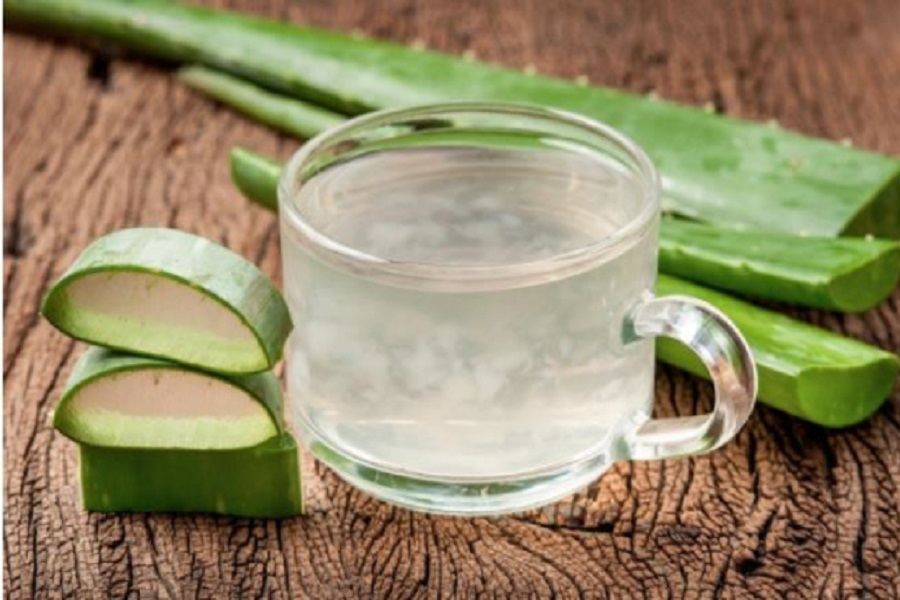The efficacy and role of drinking aloe vera juice are mainly anti-inflammatory, sterilizing, anti-aging, and preventing constipation.
Aloe vera is a bitter cold medicine, which belongs to the liver and large intestine meridians, and has the functions of purging fire, detoxifying, removing blood stasis, and killing insects. Aloe vera can be fresh, and the fresh product can expose the flesh directly to the leaves, or grind it into juice and apply it externally. Aloe vera juice can be used for burns, hemorrhoids or scabies, a skin infection. Aloe vera can be used to treat pain, swelling, and poisoning, as well as to treat pain from blood stasis and trauma. Aloe vera leaves can be applied externally after being crushed, which has the effects of purging fire, detoxifying and removing blood stasis. Also, aloe vera juice can be taken orally or boiled. Aloe vera is a bitter cold medicine, and patients with weak spleen and stomach should not take it orally. Modern medical research has confirmed that aloe vera juice contains lignin, saponin, niacin, vitamin B6, aloe vera and other active ingredients. It can treat digestive problems, relieve constipation, treat hyperacidity, reflux and flatulence, help increase appetite, clear toxins from the body, laxatives, and maintain weight. Aloe vera juice is easily absorbed by the stomach and intestines, can stimulate the secretion of bile in the gallbladder, decompose fat, and can assist in the treatment of irritable bowel syndrome patients, abdominal pain and other symptoms. At the same time, it has antibacterial effects on Helicobacter pylori and Escherichia coli, and can also treat peptic ulcers, and it has many clinical applications.
Drinking aloe vera juice needs to pay attention to the following: Eating too much will reduce intestinal reflex function and sensitivity, weaken intestinal peristalsis, impair digestive function, affect the digestion and absorption of food, and lead to malnutrition. People and children should use aloe vera juice with caution. People with loose stools, hemorrhoids, and nosebleeds should not drink aloe vera juice, which can make the condition worse. Pregnant women and menstruating women should absolutely avoid aloe vera juice as the diet should be avoided. Plant aloe vera can dilate capillaries and promote uterine contractions. Pregnant women may cause congestion in the lining of the uterus, leading to severe bleeding or miscarriage.


